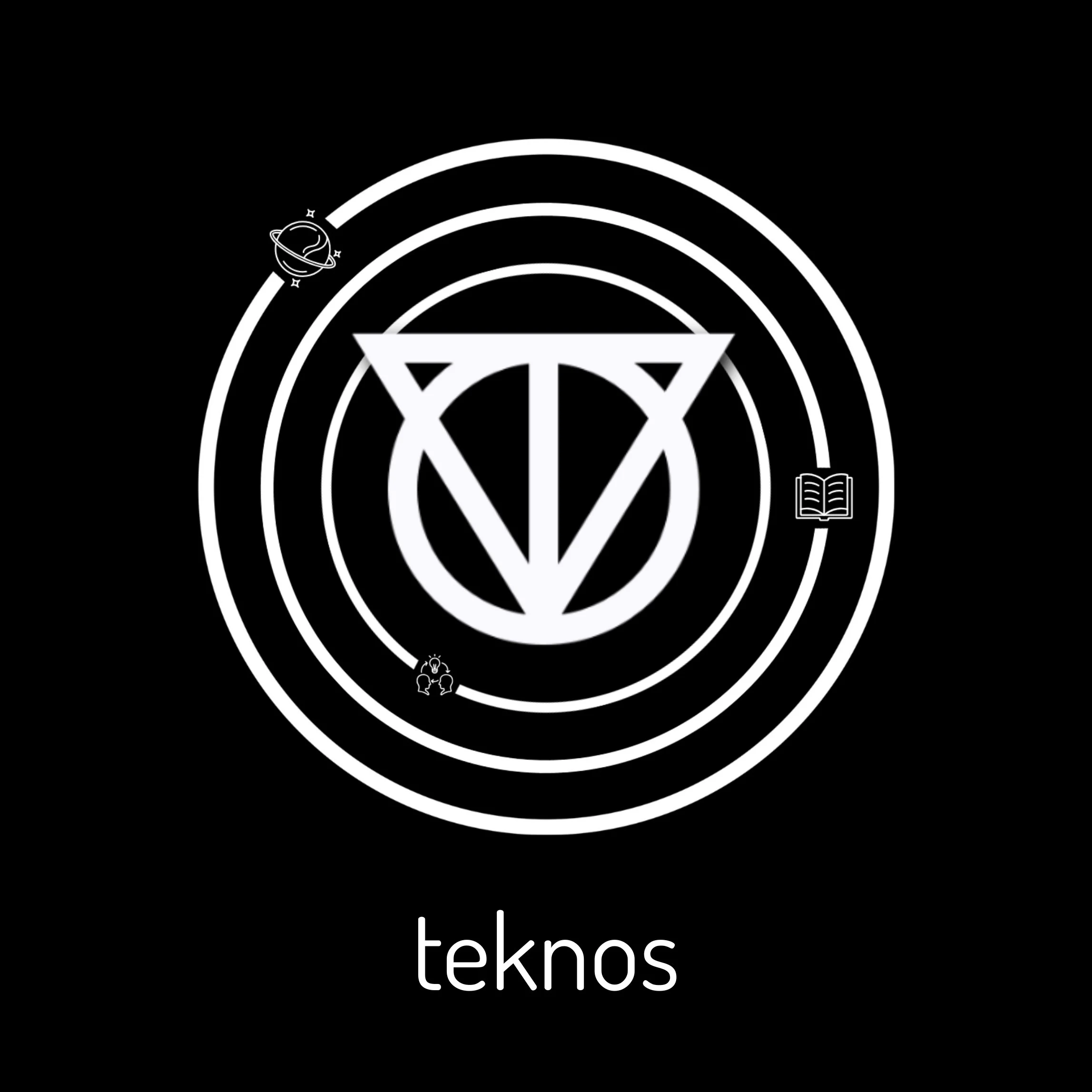Foreward
At the entrance of the Roman library of Celcus in Ephesus, in what is now Turkey, visitors are greeted by the four foundation concepts of a philosophy of inquiry that has been with us in a formalized manner some 2400 years. Sophia, Arete, Ennoia, Episteme. Wisdom, virtue, intelligence, knowledge. These concepts lend structure and discipline to our natural human curiosity and hence inquiry of the phenomena around us. People, by using their intelligence, are capable of expanding their knowledge, but they should do so with wisdom and with a virtuous end in mind.
This is what Teknos is about. Expanding knowledge. Of course, people must come to know what others before them have learned. This is completely necessary. If people don't learn what is already known, any attempts at expansion of knowledge will likely lead to the discovery of what is already known by others, which is redundant and not particularly productive. Among other things, wisdom tell us to learn what others already have learned and much of education consists of just that. Wisdom doesn't end there, however. It seeks the expansion of knowledge. New things are learning by observation and experimentation, but unless they are passed on to others, many of those "others" will consume their time learning these same new things as well. More redundancy—but thousands, if not millions of times over. Over the millennia, the exchange of newly uncovered knowledge has been accelerated in particular by the invention of writing as well as huge technological improvements in the transmission of that writing. And Teknos is part of that.
For centuries now, scientific discoveries have been added to the human knowledge base via publication of books and journals. As the knowledge base expands, we encounter both the universally famous publications as well as certain highly specialized ones. Today, most of these discoveries are done at the graduate and post-doctoral levels of inquiry, but curious, disciplined high school students with a hefty grasp of a disciple's knowledge base can also inquire and discover new things. Teknos lets them distribute their findings.
Teknos doesn't just happen automatically, however. Of course, it requires the sine qua non of worthwhile student discoveries frequently nudged on by faculty members and mentors. It also requires a body of knowledgeable and skilled students editors to select and assemble the work of their peers. And it requires the fiscal support of a sponsor such as Raytheon.
I am certain the reader will find this year's selection of articles to be worthy of the serious claim of expanding human knowledge. This year's articles examine findings in micro and neurobiology, biochemistry, computer science, astronomy, environmental management, atmospheric modeling and biomedical engineering. To quote Roger Bacon from Opus Magus, "unless the mind discovers a fact by the path of experience, one cannot sort the real from the imagined."
Jim Jarvis
Division Manager for Science and Technology
Teknos Sponsor 2004-2007
Thomas Jefferson High School for Science & Technology
